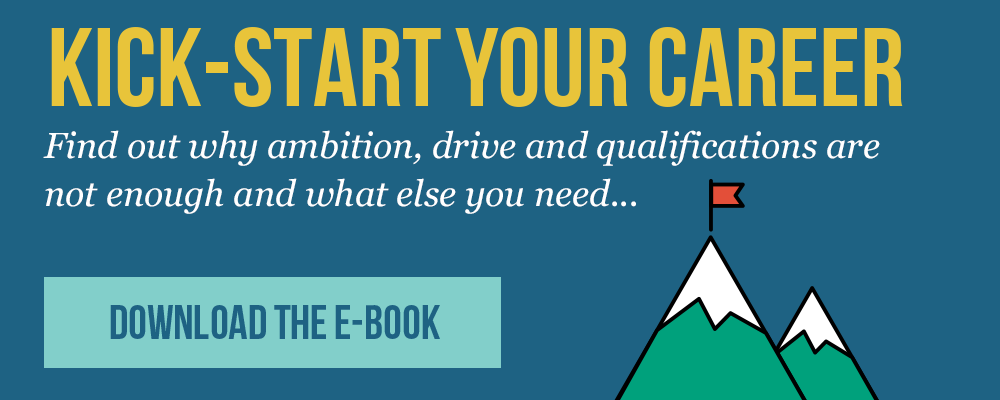
Completing university marks a significant achievement in your life. The possibilities that lie ahead are endless—but focus and career management skills are needed to steer your dreams in the right direction. One question that may be weighing on your mind as final exams approach is whether or not to take a gap year. Surely after three to four years in higher education, a year off is well deserved? This is certainly true, but what you choose to do in that year will influence the trajectory of your future career.
A gap year, if spent wisely, can help you outstrip (rather than fall behind) the competition
You might be concerned that taking a year off after uni means losing a year that could be spent establishing your career and earning an income. With the job market more competitive than ever, getting onto the career ladder isn’t as easy as it might have been for your parents when they finished uni or college—even with the right career guidance. And in a year’s time, you might be competing with even more graduates for positions. But, if you use your gap year to acquire the right work (and life) experience and start building a professional network, the chances of your CV standing out from the hundreds of others that pass through HR departments are much higher. In fact, 88% of graduates surveyed by Milkround found that their gap year helped them secure a job.
A year off is an excellent opportunity to craft that all-important career plan
More important than taking or not taking a gap year is putting a career plan in place (hence the importance of career guidance and career management skills). This isn’t simply an elaborate to-do list, but a dynamic series of steps that evolves along with your interests, passions and strengths. The thing is, university is pressured enough as it is without adding the pressure of developing a career plan too. And some students are so keen to get a job after graduating that they forget about the all-important career plan. If you take a gap year, you’ll give yourself time to examine what you want from your career and how to get there—not to mention develop the self-awareness so critical for creating your plan. Just make sure the only plan you make isn’t a round-the-world travel itinerary!
A year off is a great chance to develop a passion that’s relevant to your chosen career
Before you can develop a career plan, you need to know where your passions lie and how you can incorporate these into your long-term work objectives. Some of you might already know this; others might still be exploring what it is that truly inspires them. With the extra time that a gap year affords, developing and nurturing a passion is an excellent thing to do, especially as you won’t be distracted by revision and coursework. Employers love to see evidence of a passion, especially one relevant to a position, as it demonstrates commitment and drive. However, if you’re planning on spending a year surfing in Australia, it might not be so helpful in terms of getting you that job in banking.
Use your year off to develop the skills employers want to see in their job candidates
Today’s employers are looking for job candidates with the right mix of soft skills over and above their technical skills (i.e. what you’ve learned during your degree). The ability to work in a team, good communication skills, problem-solving capability and self-awareness are all examples of attributes that separate the wheat from the chaff in the job market. As great as it is to have a First, there are simply too many other candidates with qualifications just as impressive as yours for it to be a unique selling point. Even though many of these skills aren’t always taught as part of university curricula or offered through the career guidance service, you can use a gap year to develop them yourself.
Our Industry Engagement Programme is a skills for jobs and career development programme designed to develop the soft skills that employers are looking for in dream job candidates. And because you can choose between a classroom or online learning (or a combination of both) it can be completed with ease alongside other gap year plans. For more information about the skill sets our course develops and what employers seek in graduates, download the guide.


